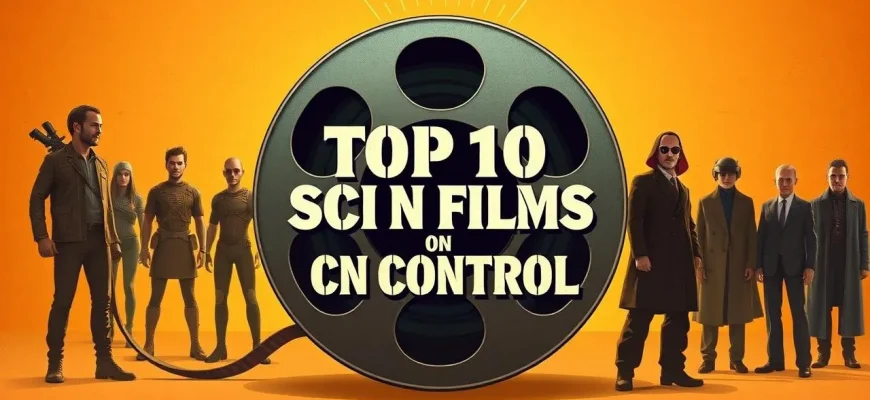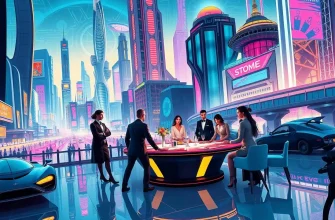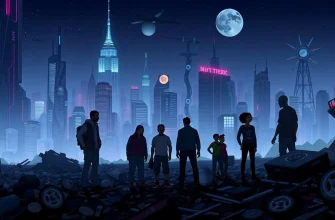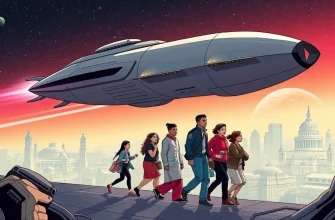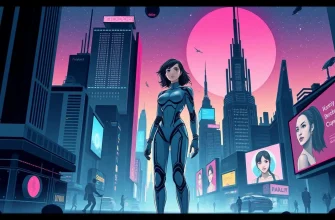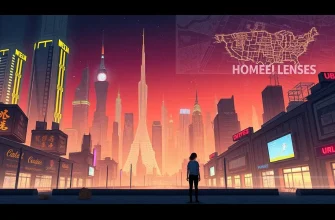If you're fascinated by the idea of control, whether it's mind control, government control, or the control over one's destiny, these films will take you on a thrilling journey. From dystopian futures to mind-bending psychological thrillers, this collection showcases the best of sci-fi cinema where control is at the heart of the narrative. Each film not only entertains but also provokes thought about freedom, autonomy, and the human condition.

The Manchurian Candidate (1962)
Description: A classic tale of mind control, where a soldier is brainwashed to become an assassin, delving into political manipulation and control.
Fact: The film was remade in 2004, but the original is often considered superior for its chilling portrayal of Cold War paranoia.
 Watch Now
Watch Now
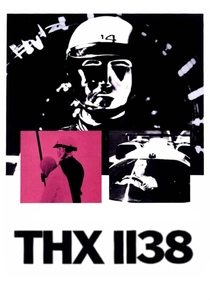
THX 1138 (1971)
Description: In a world where emotions and individuality are suppressed through drugs, the protagonist rebels against the controlling regime, exploring themes of conformity and resistance.
Fact: This was George Lucas's first feature film, showcasing his early interest in dystopian themes.
 Watch Now
Watch Now
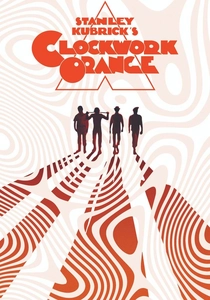
A Clockwork Orange (1971)
Description: This film explores the extreme measures of control through the Ludovico Technique, a form of aversion therapy used to control criminal behavior, raising questions about free will and moral responsibility.
Fact: Stanley Kubrick removed the final chapter from Anthony Burgess's novel for the film, altering the story's moral implications.
 Watch Now
Watch Now
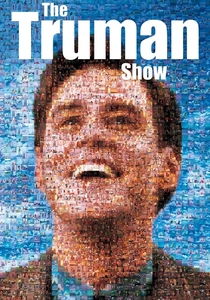
The Truman Show (1998)
Description: Truman's entire life is a controlled reality TV show, exploring the ethics of control, privacy, and the right to a genuine life.
Fact: The film's concept inspired real-life discussions about reality TV and its impact on society.
 Watch Now
Watch Now

The Matrix (1999)
Description: In a world where humans are unknowingly trapped inside a simulated reality, the concept of control is central as characters fight to break free from the system that controls their minds and lives.
Fact: The film's "bullet time" effect was revolutionary, influencing countless action films that followed.
 Watch Now
Watch Now
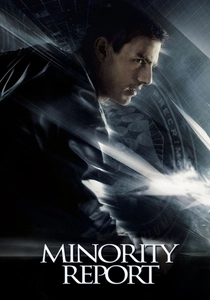
Minority Report (2002)
Description: In a future where crimes are predicted and prevented before they happen, the concept of control over one's future is explored, questioning the ethics of preemptive justice.
Fact: The film's technology, like gesture-based interfaces, has influenced real-world tech development.
 Watch Now
Watch Now

Equilibrium (2002)
Description: In a future where emotions are outlawed to prevent war, citizens are controlled through a drug called Prozium, exploring themes of emotional suppression and control.
Fact: The film was inspired by Ray Bradbury's "Fahrenheit 451" and George Orwell's "1984".
 Watch Now
Watch Now

Inception (2010)
Description: This film delves into the control of dreams, where the protagonist plants an idea in someone's subconscious, questioning the boundaries of reality and control over one's own mind.
Fact: The film's dream worlds were designed to have a distinct visual style, with each level having its own unique look.
 Watch Now
Watch Now

The Adjustment Bureau (2011)
Description: A man discovers that his life is being controlled by a mysterious organization, leading to a battle for free will and destiny.
Fact: The film was based on a short story by Philip K. Dick, known for his themes of control and reality.
 Watch Now
Watch Now

Brazil (1985)
Description: In a dystopian future, bureaucratic control over every aspect of life is satirized, with one man's quest for freedom against an oppressive system.
Fact: Terry Gilliam had numerous conflicts with Universal Studios over the film's length and content.
 30 Days Free
30 Days Free

